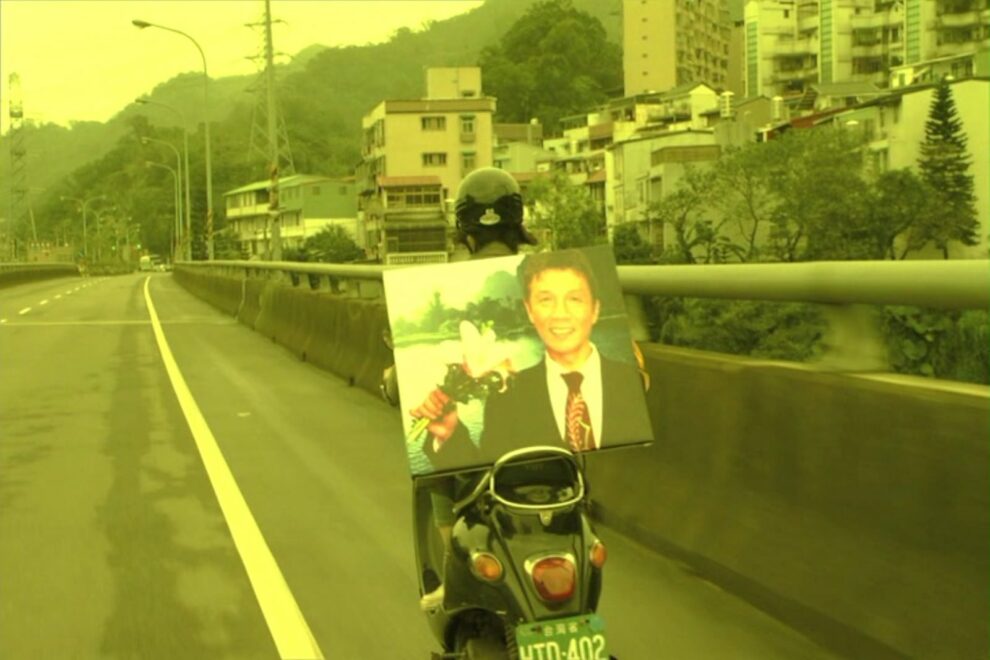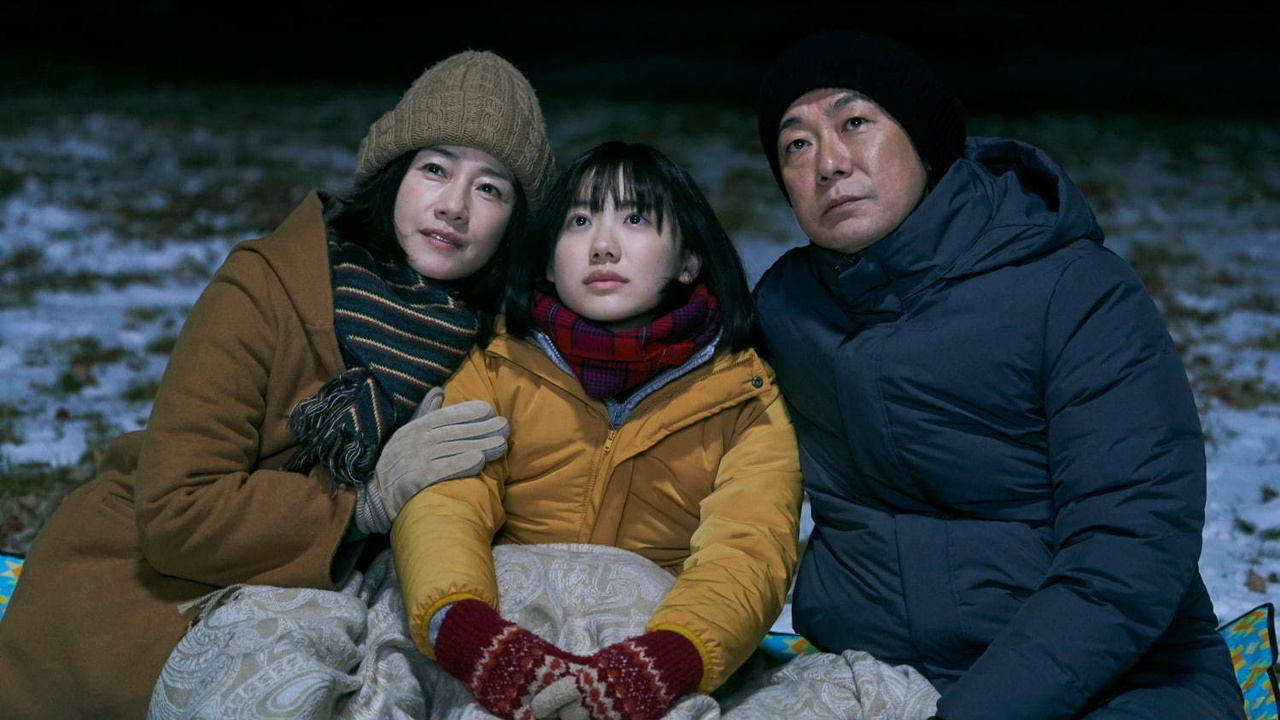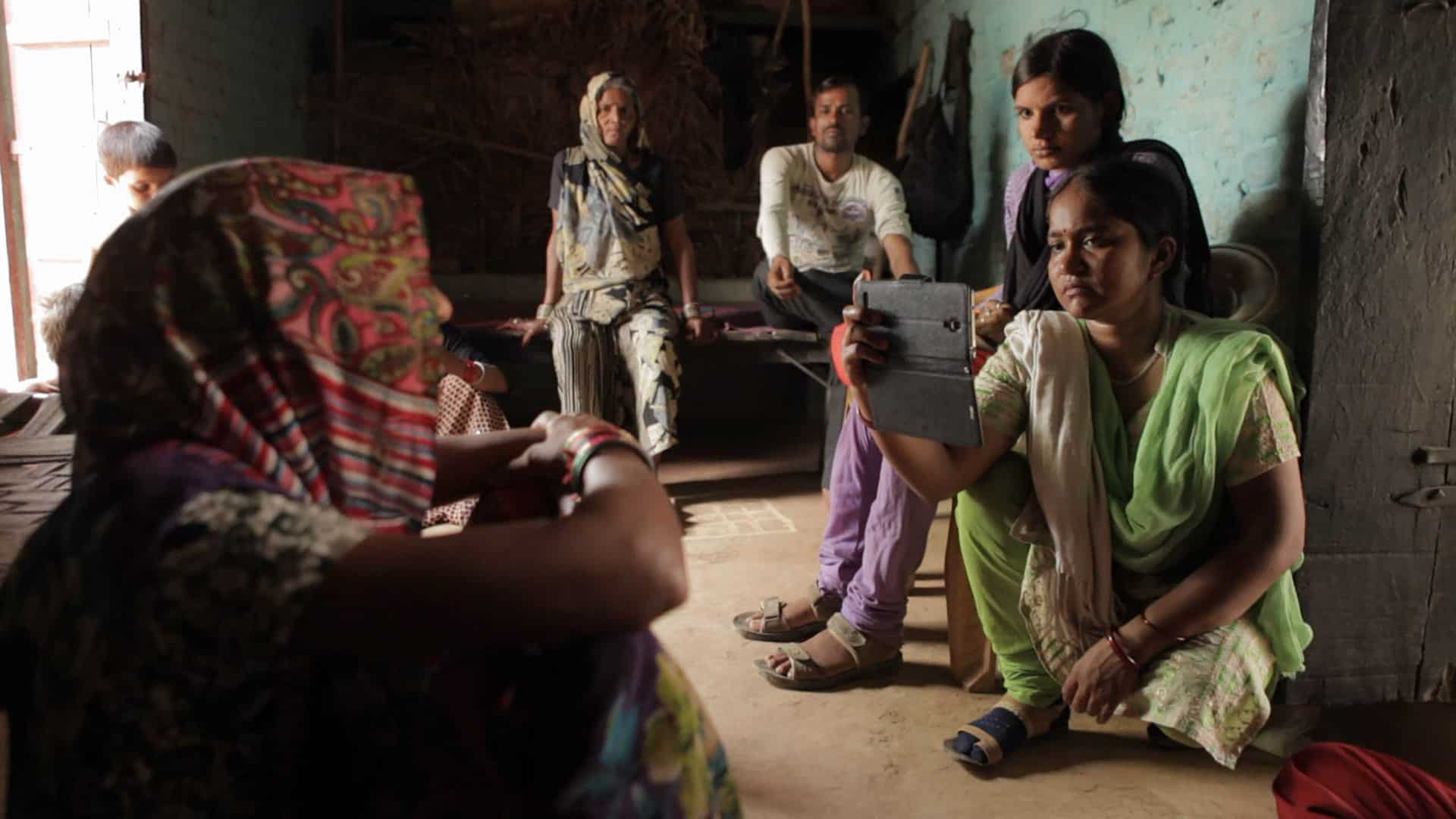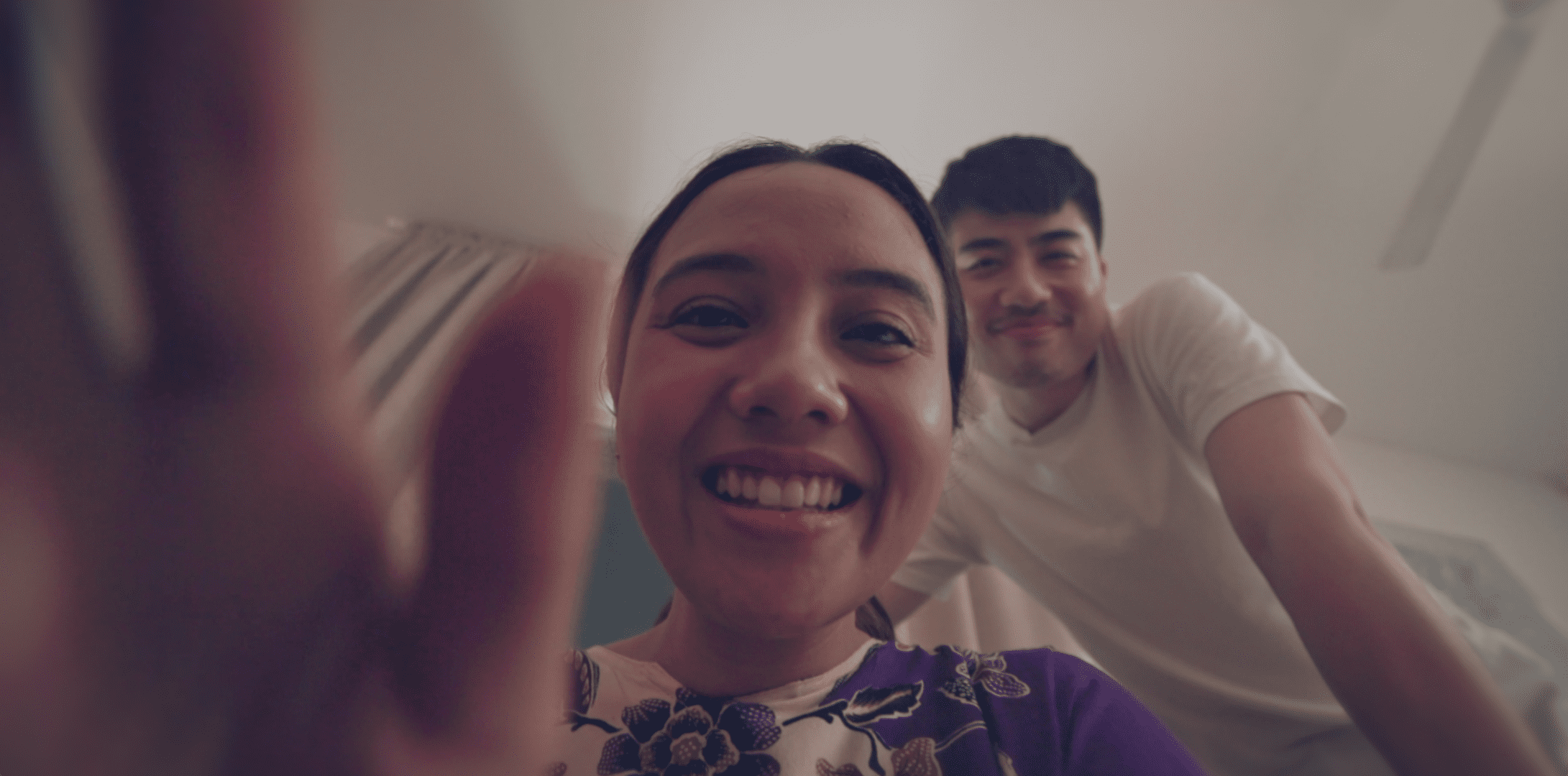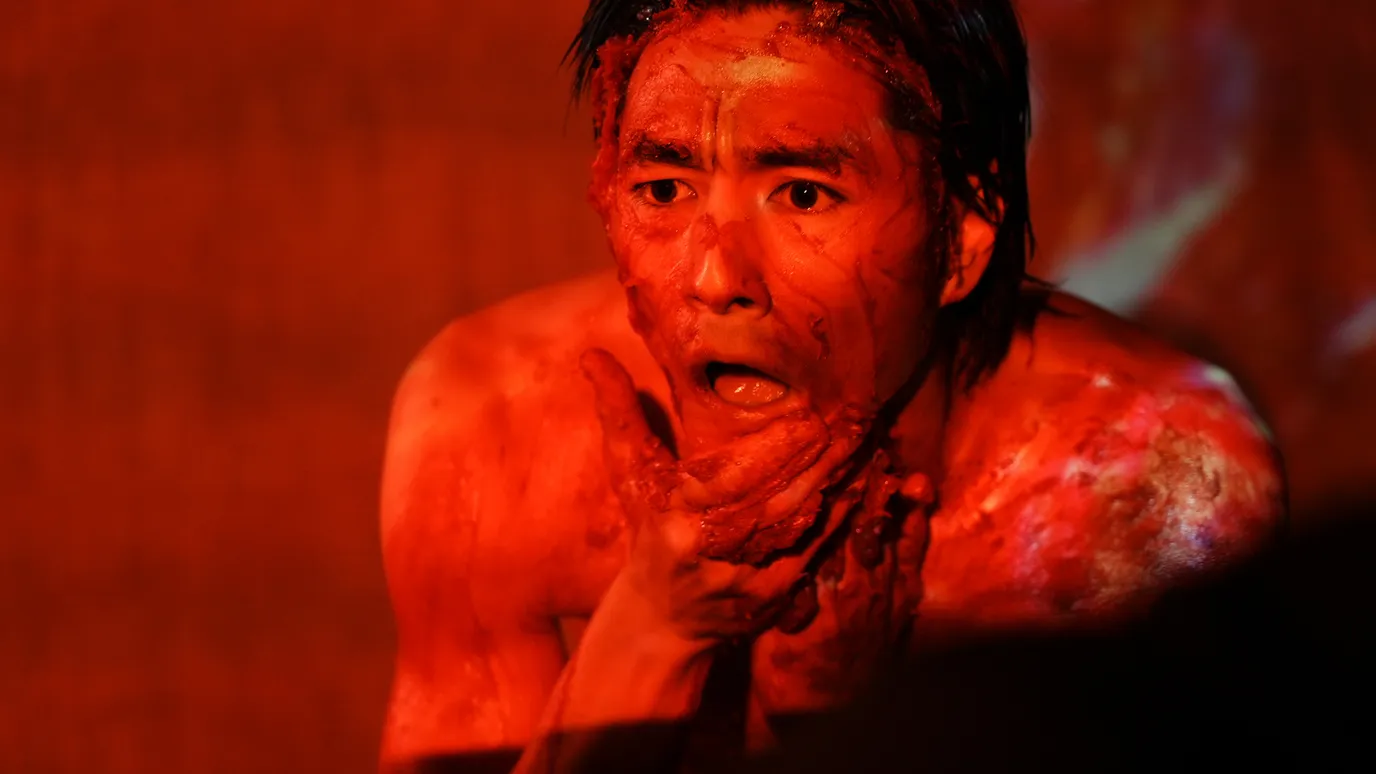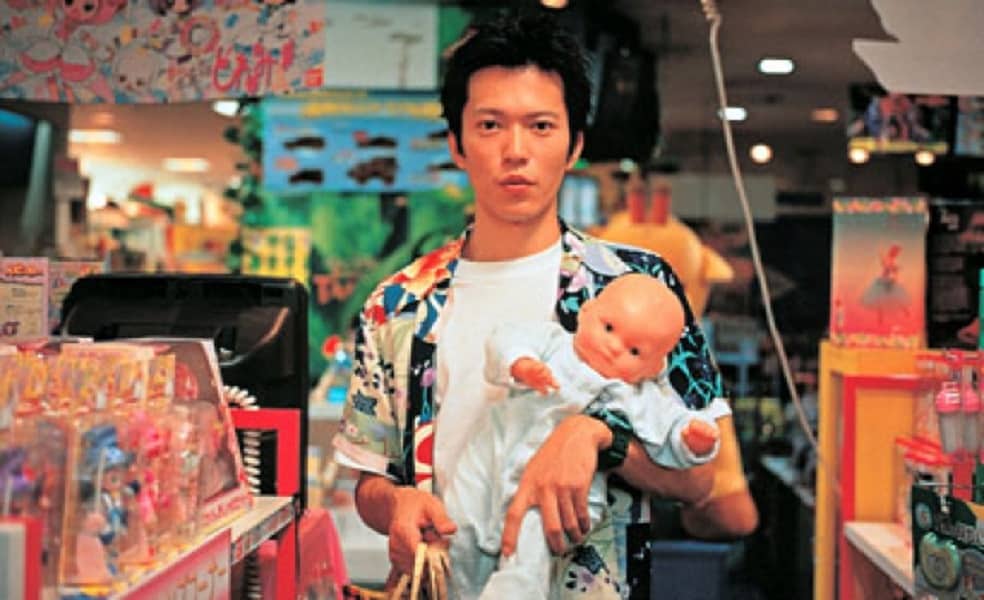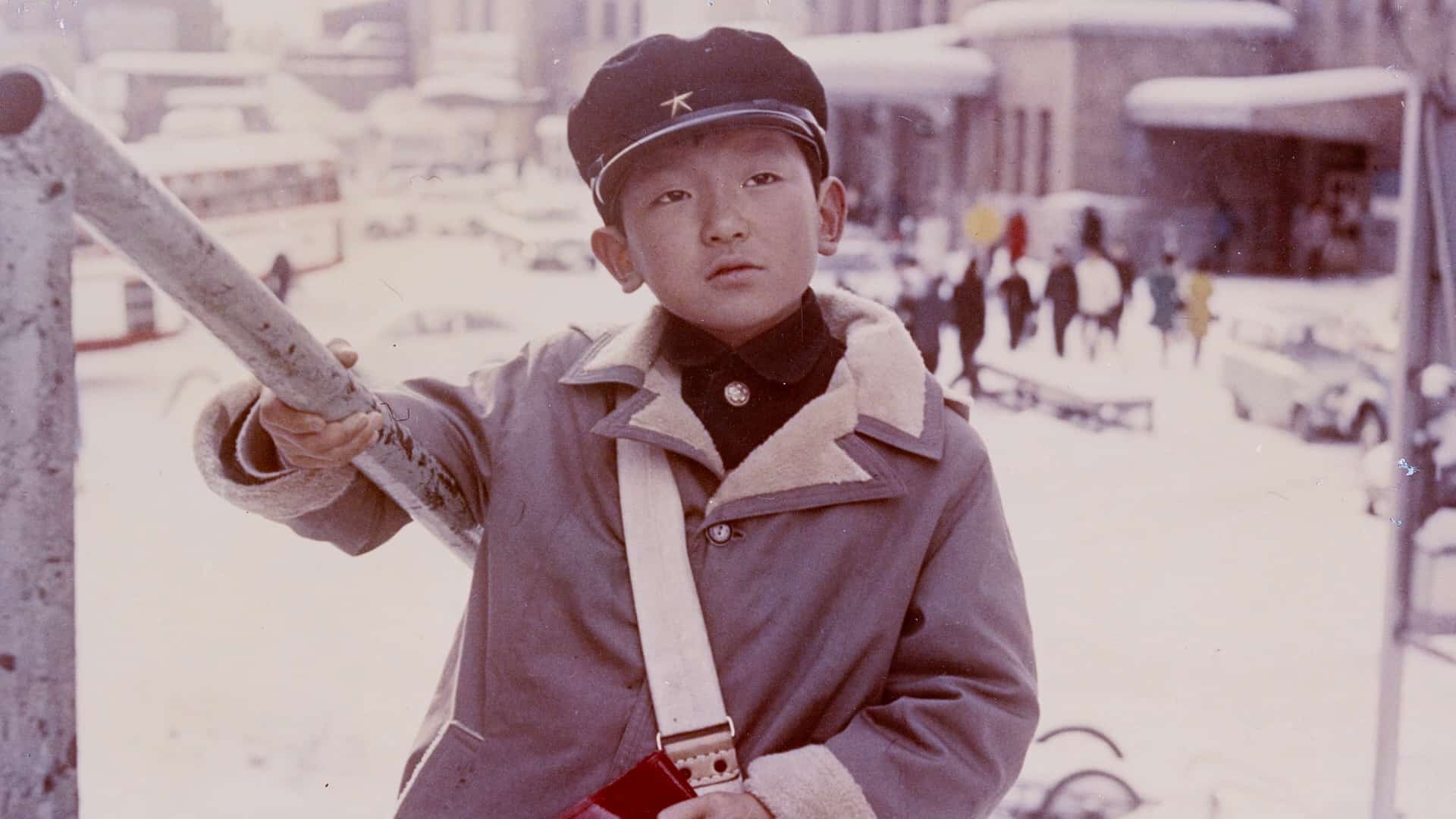World premiering at the 2010 Hong Kong Film Festival, this Taiwanese production marks the debut of directors Liu Essay and Wang Yu-Lin, Distributed by Cheng Cheng Films, “Seven Days in Heaven” adapts, through a melancholy and insightful comedy about the formalities of dying, Essay Liu's autobiographical story which won a Lin Rong-San Literary Award.
“Seven Days in Heaven” is screening at Asian Pop Up Cinema

Lin Guo Yuan (Po Tai) has passed away. His daughter Mei (Garance Wang Li-wen) travels to her hometown with family members from both home and abroad in order to participate in the Daoist seven-day mourning rite. Within seven days of her father's passing, back to her agricultural community in central Taiwan, she is reminded of the simplicity and superstition of the villagers upon her return. After the funeral, the woman packs up her grief and her loss before departing for her bustling city. But as she waits in Hong Kong airport, she is suddenly overcome with longing for her father.
While describing the development of the Taoist mourning rite, “Seven Days in Heaven” explores the impact of Lin Guo Yuan's death on his kids, nephew, and sister-in-law. Modernized foreign urbanites and rural traditions, both fascinating and exhausting, cause reverse cultural shock for those who come back from the big cities. Their get-togethers give the younger generation a chance to consider how they interacted with family and put together a more comprehensive picture that wasn't possible from each person's point of view.
Check also this interview
At the core of its story, there's the performance of grieving, by laughing at the extravaganza and rituals that come around grief, funerals and families. Through word plays, exaggerations and comedic situations, the film plays on the absurdities and inconsistencies of traditions and morals. The comedic aspect is, in fact, the most important characteristic of the story, as it gives space to depict different situations and feelings without being too dramatic. On the other hand, “Seven Days in Heaven” does have beautiful touching moments that express the importance and impact of family, especially a paternal figure, on one's life. In fact, through the story, the characters, especially Mei, relive step-by-step moving memories that help them come to terms with what they're feeling.
In the end, each member of the family departs with a stronger connection to their origin. Mei can now process the loss in her own unique way. The performances are well executed, but no actor particularly stands out, as the story wanders from character to character. What's central and perfectly depicted are the messages intended, hence the fall of conventional grieving and traditions the characters experience in modern Taiwan. One aspect particularly stands out: throughout the story, the priest (Wu Pong-Fong) tells Mei and her brother Da-zhi (Chen Chia-Hsiang) to take turns crying every day, because it's an important activity for the Daoist ritual, in order to demonstrate filial piety. The more they have to cry, the more they fake it. That's because they have to perform their grief, and they do not have the privilege of processing their loss at their own pace. In fact, once they're alone and distant from the rituals, they manage to cry sincerely. Unsurprisingly, Mei ends up saying: “Now I know just how exhausting it is to cry for father.”
At one point, Mei also states: “No matter where you come from, you are bound to reunite at the same places.” That's one of the most important messages, which effortlessly comes alive thanks to the simple but witty screenplay. One must come to terms with oneself and the people around us, a realization that often demands to go back to our roots to do so. The cinematography, in fact, undoubtedly tells a tale of inconsistency and change, embodying the essence of life itself. Given the importance of the religious and traditional world for the story, the film uses color and dynamic photography to create an intriguing and engaging atmosphere through art and rituals.
As said before, after the said seven days, the protagonists go back to their normal lives with a melancholic feeling, but with the inevitable consequences of change caused by the death of their father. Although back on their routine, they embark on new journeys, trying to cope with the loss of a pillar figure in their lives. In fact, Mei ends up crying at the airport as she gets triggered by a pack of cigarettes offered by a stewardess because, ironically, are of the brand her father used to smoke. Contrary to the dramatic and theatrical grieving a family must show at a Daoist funeral, one grieves in their own way, and at their own pace, sometimes not fully at once, but gradually, as life goes on.
“Seven Days in Heaven” is an inspiring and thought-provoking journey about family roles and grieving. It tackles the difficulties of expressing oneself due to family pressures and responsibilities, no matter how one tries to distance oneself from the burdens of traditions, parents and relatives.


